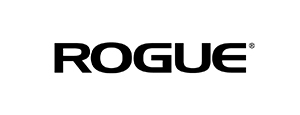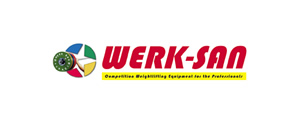IWF Follow-up On Widespread Doping Among Thai Athletes
Budapest. 6 January 2019: Following an update from the International Testing Agency, the International Weightlifting Federation (IWF) can report that cases against ten (10) Thai athletes have now been closed. Between them, the athletes had been the subject of seventeen (17) adverse analytical findings. Anti-doping rule violations have been established in all cases and sanctions consisting of suspensions between 18 months and four years have been established.
Consistent with the IWF’s commitment to transparency in anti-doping issues, further details of the cases can be found at: https://www.iwf.net/anti-doping/sanctions/
A number of adverse analytical findings were first established on the basis of samples provided during the 2018 IWF World Weightlifting Championships. These samples did not initially return adverse analytical findings, but a robust and intelligence-based approach (evaluation of the Athletes’ Biological Passport) saw the samples retested for the long-term metabolites of anabolic steroids: a methodology whose widespread implementation has been pioneered by the IWF and the IOC.
Following the revelation of widespread doping among Thai athletes, a number of them juniors, Thai athletes were withdrawn from competition, including the 2019 IWF World Championships. Thai athletes have not subsequently participated in Olympic Qualifying events and will not be present at Tokyo 2020. The IWF has resisted pressure for any early return to competition.
Furthermore, based on further retesting, the Thai athlete who had won a gold medal at the Buenos Aires 2018 Youth Olympic Games was proven to have committed an Anti-Doping Rule Violation and has also been sanctioned. The number of confirmed cases means that the independent Member Federation Sanctions Panel will now consider sanctions against the Thai Amateur Weightlifting Association as a whole.
On 5 January, German TV channel ARD broadcast a show in which a former Thai weightlifter, Rattikan GULNOI appeared to have implicated herself and other Thai weightlifters in doping. The IWF has immediately followed up with the Thai Federation. The IWF has also requested copies of ARD’s materials.
The widespread abuse of the same anabolic agent, especially among juniors, in Thailand would appear to be indicative of an organised system of doping that may have extending beyond the sanctioned athletes themselves. This impression would appear to have been reinforced by the apparent confession secured by ARD. The IWF will now confer with WADA and the International Testing Agency, in order to establish whether a wider investigation may be appropriate.














